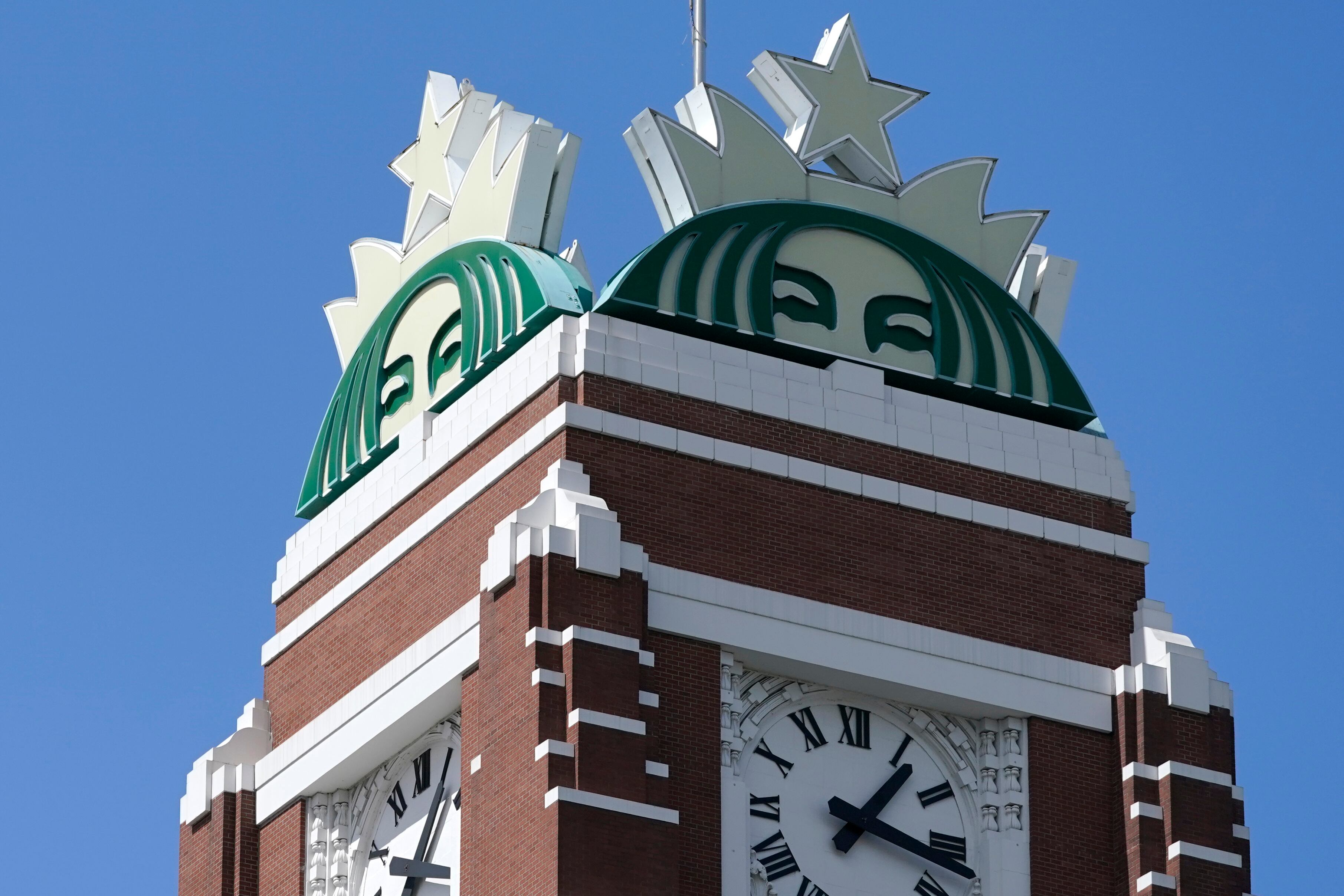Fake news is more than just a label: It's wasting billions of dollars annually, according to a new report.
Ad cybersecurity firm CHEQ, in conjunction with economist and University of Baltimore professor Roberto Cavazos, estimates $78 billion dollars each year is lost due to misinformation.
"'Fake news' isn't just a term coined by a politician," CHEQ CEO Guy Tytunovich told Cheddar. "Fake news isn't just buzz. Fake news isn't something that was born recently in terms of being anecdotal. Fake news is a major, major problem. At these figures, fake news is almost controlling our lives, who we vote for, what we decide to do, what we consume, and so on and so forth."
Further breaking down the figures, the team estimated:
In addition, the report estimates $400 million a year is spent around the world advertising political misinformation. It projected $200 million alone will be used to promote fake news narratives during the 2020 U.S. presidential election cycle.
One of the largest losses tied to one fake news incident was estimated at $300 billion. In December 2017, ABC News falsely reported Michael Flynn would testify that President Donald Trump instructed him to contact Russian government officials during the 2016 election campaign. The effect was especially pronounced on the U.S. stock market, and shares plummeted an estimated $341 billion on the S&P that day. However, the news story was corrected after the trading day to say Flynn would say those commands happened after the election, allowing the market to bounce back to a loss of only $51 billion.
The report used CHEQ's proprietary data on ad fraud and bots, public stock market data, news reports, and other publicly available information to determine the monetary value. Direct factors like ad spend precipitated by fake news and stock price drops were included. It also considered indirect costs, like expenditure or investments made by companies in order to combat these false narratives such as Twitter's acquisition of misinformation-targeted machine learning startup Fabula AI in June.
Conversely, it didn't take a lot of money to propagate misinformation. One study cited in the report from Trend Micro found that $55,000 was enough to discredit a journalist, while $400,000 could influence policy changes on trade agreements.
"The only cure is … companies being very aware of the phenomenon and investing heavily in anything to do with PR and advertising and tools to make sure that messaging is controlled by the corporate," Tytunovic explained.
"[But] other than that, it's not just corporate," he added. "Consumers need to take everything they read with a grain of salt. I'm a huge fan of Facebook and Twitter … and still, I don't consume my news from posts on Facebook and Twitter. These are not reliable news sources."












